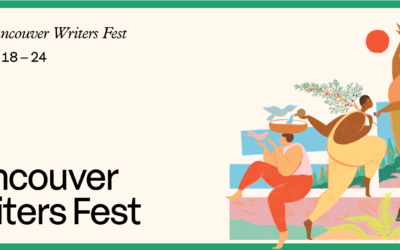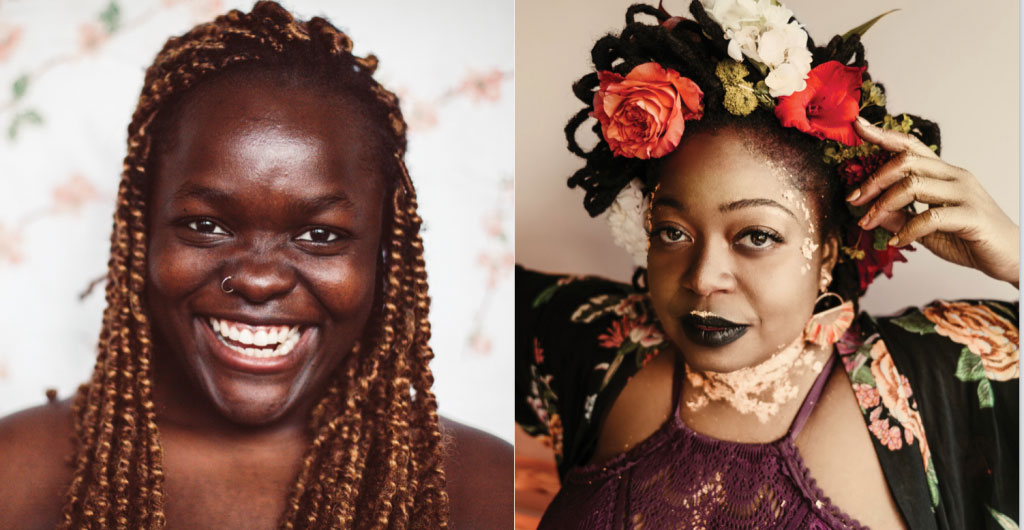The Vancouver Writers Festival is once again taking place this October on the shared territories of the xʷməθkwəy̓əm, Skwxwú7mesh, and səlilwətaɬ nations. From October 16th to 22nd, the 36th Annual Festival will celebrate the writing of over 125 authors at 85...
From Cinema to Spoken Word: The 34th Annual Vancouver Writers Fest
From October 18-24 2021, the 34th annual Vancouver Writers Fest will once again take place on Granville Island. As Artistic Director Leslie Hurtig writes, “In a year when our worlds became so small, and doorways closed, it was through art, music, and books that many of us found new pathways.”
Vancouver Writers Fest: Meet Artistic Director Leslie Hurtig
I have been in this role of Artistic Director for the past four years, and before that I sat on the Board of Directors for about 15 years. I love the team that we have built together, and it’s always a real team effort to put this festival on. This role of Artistic Director is one that allows me to be a little bit creative and bring in other people to share their ideas, creating and shaping an interesting festival, I hope.
Vancouver Writers Fest: Francesca Ekwuyasi and Jillian Christmas
From October 19-25, the Vancouver Writers Fest inspires 40+ events with local and international writers. As they write, “Words shape our worlds. They can delight, inspire, provoke, comfort and unite—as do the authors, journalists and poets who wield them.” In...
Vancouver Writers Fest: Lishai Peel
From October 19-25, the Vancouver Writers Fest inspires 40+ events with local and international writers. As they write, “Words shape our worlds. They can delight, inspire, provoke, comfort and unite—as do the authors, journalists and poets who wield them.” In...
Vancouver Writers Fest: andrea bennett
From October 19-25, the Vancouver Writers Fest inspires 40+ events with local and international writers. As they write, “Words shape our worlds. They can delight, inspire, provoke, comfort and unite—as do the authors, journalists and poets who wield them.” In anticipation of the festival, I have sat down with several of the festival authors over email, to hear about their books, what it means to be a writer in the present moment, as well as the things that they are most looking forward to.




